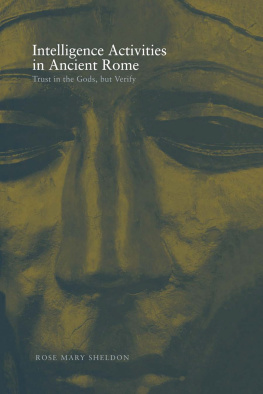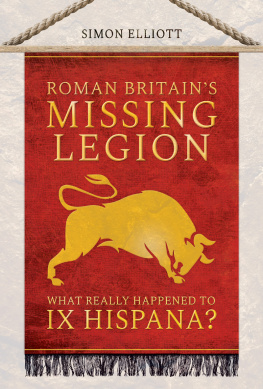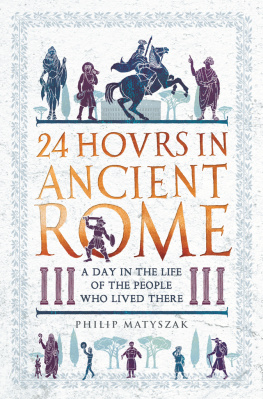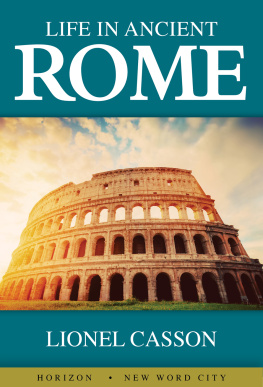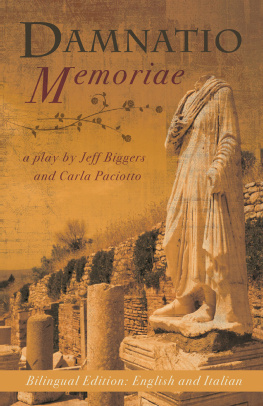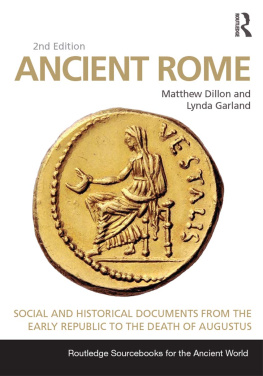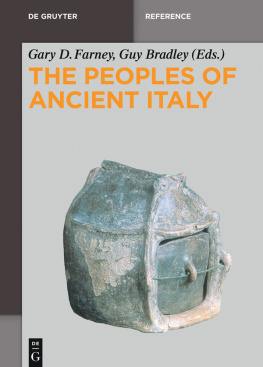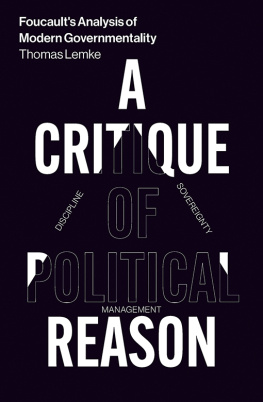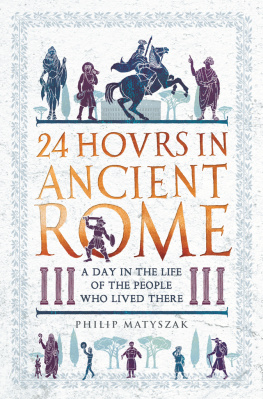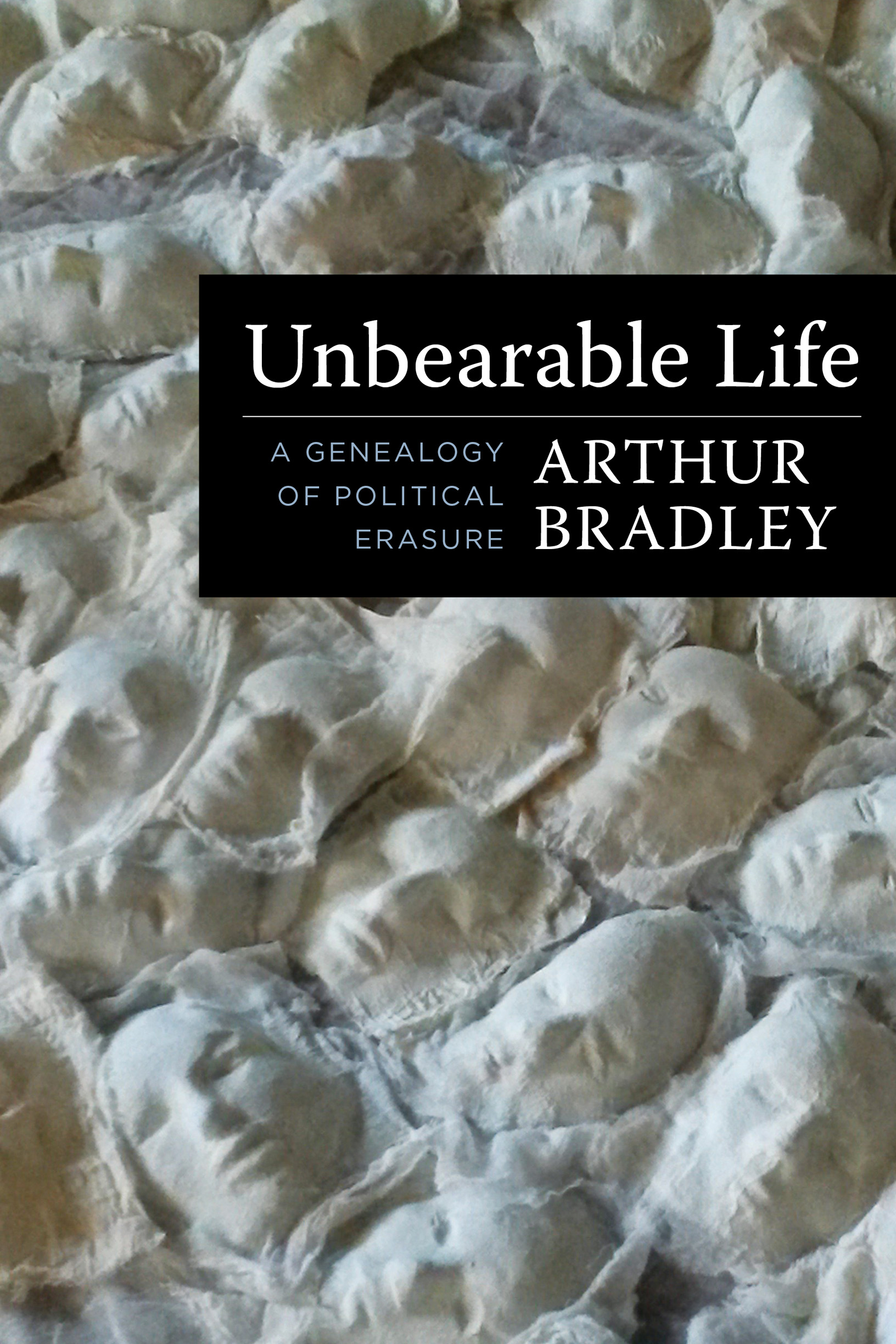Contents
Guide
Pagebreaks of the print version
UNBEARABLE LIFE
INSURRECTIONS: CRITICAL STUDIES IN RELIGION, POLITICS, AND CULTURE
INSURRECTIONS: CRITICAL STUDIES IN RELIGION, POLITICS, AND CULTURE
SLAVOJ IEK, CLAYTON CROCKETT, CRESTON DAVIS, JEFFREY W. ROBBINS, EDITORS
The intersection of religion, politics, and culture is one of the most discussed areas in theory today. It also has the deepest and most wide-ranging impact on the world. Insurrections: Critical Studies in Religion, Politics, and Culture will bring the tools of philosophy and critical theory to the political implications of the religious turn. The series will address a range of religious traditions and political viewpoints in the United States, Europe, and other parts of the world. Without advocating any specific religious or theological stance, the series aims nonetheless to be faithful to the radical emancipatory potential of religion.
For a full list of the books in this series, see pages .
UNBEARABLE LIFE
A GENEALOGY OF POLITICAL ERASURE
ARTHUR BRADLEY
Columbia University Press New York
Columbia University Press wishes to express its appreciation for assistance given by Lancaster Universitys English Literature and Creative Writing Department in the publication of this book.

Columbia University Press
Publishers Since 1893
New York Chichester, West Sussex
cup.columbia.edu
Copyright 2019 Columbia University Press
All rights reserved
E-ISBN 978-0-231-55028-4
Library of Congress Cataloging-in-Publication Data
Names: Bradley, Arthur, author.
Title: Unbearable life : a genealogy of political erasure / Arthur Bradley.
Description: New York : Columbia University Press, 2019. | Series: Insurrections: critical studies in religion, politics, and culture | Includes bibliographical references and index.
Identifiers: LCCN 2019005951 | ISBN 9780231193382 (cloth : alk. paper) | ISBN 9780231193399 (pbk. : alk. paper)
Subjects: LCSH: Citizenship. | Expatriation. | Biopolitics. | Sovereignty. | Collective memoryPolitical aspects. | Political theology.
Classification: LCC JF801 .B69 2019 | DDC 320.01dc23
LC record available at https://lccn.loc.gov/2019005951
A Columbia University Press E-book.
CUP would be pleased to hear about your reading experience with this e-book at .
Cover design : Milenda Nan Ok Lee
Cover art : Roberta Maioli, Damnatio memoriae , 2016 ( detail ). Photo by Luca Maggio.
For Aya

CONTENTS
I would like to thank everyonetoo many people to properly acknowledge herewho has helped me in all kinds of ways during the long process of writing this book.
Firstly, I particularly want to thank the small circle of personal and intellectual friends who have taken the time to read, talk to me about, and offer feedback on this work from its inception: Ward Blanton, Antonio Cerella, Michael Dillon, Charlie Gere, and Yvonne Sherwood. In particular, Im very grateful to Mick il miglior fabbro for all his support.
I am also very grateful to a larger group of friends and colleagues who helped to shape my thinking in large or small ways during the writing process: Ian Almond, Robert Appelbaum, Simon Bainbridge, Agata Bielik-Robson, Howard Caygill, Rachid al-Daif, Bulent Diken, Kamilla Elliott, Ziad Elmarsafy, Michael Greaney, Laurence Hemming, Hilary Hinds, Gavin Hyman, William Large, Botjan Nedoh, John Schad, Jackie Stacey, Simon Swift, and Andrew Tate.
I must also thank my extended family for all their love, encouragement, and support: my brother and sisters; my brothers-in-law and sisters-in-law; my parents-in-law, Hussein and Salwa Hamdar; my father, John Bradley, to whom I owe everything; and especially my mother, Anne Bradley, whom I miss more than I can say.
Im very grateful to the editors of the Insurrections: Critical Studies in Religion, Politics, and Culture seriesClayton Crockett, Creston Davis, Jeffrey Robbins, and Slavoj iekfor their interest in and support of my work. I particularly want to thank Ward Blanton for his incredibly generous support and advocacy for this book. I am very grateful to the anonymous reviewers of the manuscript for their invaluable feedback, which has improved the book in many ways. I am also very grateful to Roberta Maioli for permission to use a detail from her artwork Damnatio memoriae on the cover of this book. Finally, I want to extend the warmest thanks to my editor Wendy Lochner, for her constant support of this project from the beginning; to Lowell Frye and Kathryn Jorge at Columbia University Press; and to copyeditor Adriana Cloud for all their editorial assistance in bringing the book into print.
I would also like to thank staff and students at the following institutions for invitations to deliver earlier versions of the material in this book and for very helpful feedback that improved it in many ways: University of Agder; American University of Beirut; University of Copenhagen; University of Cracow; University of Geneva; Georgetown University; Goldsmiths College, London; Kings College, London; Kingston University; University of Innsbruck; University of Lausanne; London School of Economics; the Institute of Philosophy in the Research Centre in the Slovenian Academy of Arts and Sciences; University of Malta; University of Manchester; University of Nottingham; University of St Andrews; University of Sussex; University of Toronto; University of Uppsala; University of Warwick; and the University of York.
In addition, I am also reproducing some material that has been published before in new, expanded, and substantially reworked form: Accelerator Despite Itself: Credo, Crisis, Katechon, in Credo, Credit, Crisis: Reflections on Faith and Money , ed. Aidan Tynan, Laurent Milesi, and Christopher John Mller (London: Rowman and Littlefield, 2017), 6584; Odnarejeno: Benjamin in prihodnost preteklosti, Problemi 55, nos. 34 (2017): 17799; and Let the Lord the Judge Be Judge: Hobbes and Locke on Jephthah, Liberalism, Martyrdom, in Law, Culture and the Humanities (published online on May 16, 2017).
Finally, and most importantly, I would like to thank Abir and Aya, who, in every sense of the word, make life bearable. This book is dedicated to Aya, who teaches me more about life and how to live it every day than I could ever hope to teach her.
I n ancient Rome, during the time of the imperial cult, a dead emperor famously underwent a process called apotheosis: becoming divine. It would be decreed by the senate that the dead man had become a god and should have a public cult dedicated to him for future worship. As many historians have documented, the imperial funeral rite signified this becoming-god by means of a curious deus ex machina. To take the Emperor Septimius Severuss funeral ceremony in AD 211, for instance, the sovereigns apotheosis was represented symbolically by a wax effigy that was treated as if the life of the dead man had been transferred into it. Yet, if the imperial funeral ceremony was explicitly designed to consecrate the afterlife of the emperor, it also possessed a curious afterlife of its own, which extended from ancient Rome into the modern political imaginary. If we turn to Ernst Kantorowiczs famous discussion of royal funeral ceremonies in renaissance France, for example, we find a similar ritual: a wax effigy is substituted for the physical body of the dead king to signify the mysterious perpetuity of the body politic. For modern scholars of sovereignty, from Elias Bickerman to Giorgio Agamben, Roman imperial apotheosis thus constitutes one possible (albeit heavily disputed) source for the most famous fiction of sovereign power from the Christian Middle Ages: the King never dies ( le Roi ne meurt jamais ).



